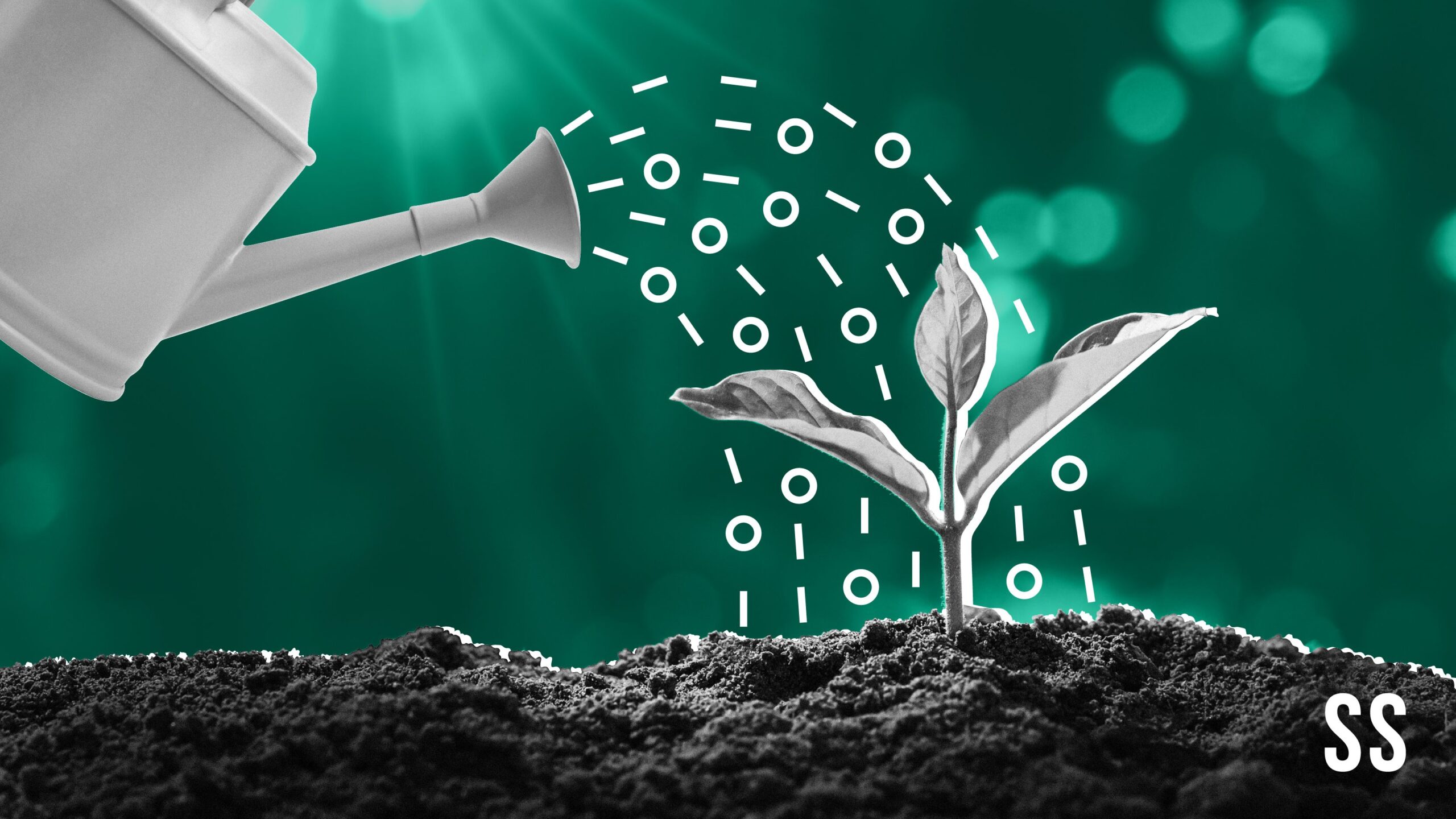Science
Leveraging Data Intelligence to Drive Social Change in India

Access to quality data is increasingly recognized as a critical factor in driving social change, particularly in India. Social Purpose Organisations (SPOs) are harnessing data intelligence to inform their initiatives, leading to more effective interventions. Utilizing data analytics, these organizations can identify pressing issues and design targeted solutions that reflect the realities on the ground.
Data serves as a foundation for sustainable programming, enabling SPOs to allocate resources efficiently. For example, a grassroots organization focused on child health in a tribal region of eastern India discovered a link between midday meal distribution timings and children’s growth outcomes after examining new district-level datasets. This insight prompted the organization to revise its outreach strategy, highlighting how data-driven approaches can enhance intervention efficacy.
Data Granularity: A Critical Need
While national datasets, such as the Census, provide essential demographic insights, they often lack the granularity required for effective program design. SPOs often need hyperlocal information, sometimes at the block or village level, to tailor their initiatives. The World Bank’s Statistical Performance Indicators (SPI) framework emphasizes that delayed or incomplete data can severely hinder evidence-based policymaking. For instance, a healthcare initiative targeting a district based on state-level malnutrition rates might overlook a specific village grappling with acute food insecurity.
This disconnect between data availability and ground realities poses significant challenges. Without timely, localized insights, even well-intentioned interventions may fail to address the needs of vulnerable populations. The gap between what is captured in datasets and actual experiences on the ground represents a persistent obstacle for many SPOs.
Overcoming Data Access Challenges
Even when data exists, accessing and integrating it remains a challenge for SPOs. Information is often fragmented across various governing bodies and platforms, complicating efforts to create a comprehensive understanding of local needs. While structured datasets are more readily available, qualitative resources such as policy briefs and evaluation reports are often difficult to locate and incorporate into planning processes. Additionally, many grassroots organizations may lack the technical expertise needed to analyze diverse datasets effectively.
This lack of connection across sectors can prevent the identification of crucial correlations, such as the impact of improved sanitation on child healthcare outcomes or the relationship between food security schemes and malnutrition trends. Without the capability to draw these connections, significant opportunities for impactful change may be lost.
Efforts to simplify data access and analysis are essential. By enabling SPOs to utilize diverse and interoperable datasets more easily, organizations can enhance their ability to plan, execute, and evaluate inclusive development interventions.
The current landscape necessitates a shift from expecting SPOs to possess data expertise towards creating an enabling environment that provides better infrastructure and support. India’s expanding Digital Public Infrastructure (DPI) offers potential for democratizing access to social data, facilitating improved service delivery and analysis.
Empowering SPOs with Quality Data
To transition from good intentions to impactful outcomes, India’s development sector must prioritize high-quality, inclusive, and accessible data. Viewing data as a public good to be collectively shared and evolved is crucial. Platforms like ISDM DataSights, created by the Indian School of Development Management (ISDM) and powered by Capgemini, exemplify this approach. This free data platform enables SPOs to perform intersectional analyses and access varied datasets without necessitating extensive technical skills.
By addressing disparities in data sources, such platforms empower organizations to make informed decisions. As Anurag Pratap, Vice President and Head of Corporate Social Responsibility at Capgemini, highlights, “SPOs have the right intent and steady momentum. They now need access to data that is no longer a privilege but a baseline.”
In summary, empowering SPOs with accessible and meaningful data is essential for fostering inclusive development. As India continues to innovate in data utilization, the potential for transformative community impact grows, ensuring that interventions are informed, relevant, and effective in addressing the needs of those they aim to serve.
-

 World5 months ago
World5 months agoSBI Announces QIP Floor Price at ₹811.05 Per Share
-

 Lifestyle5 months ago
Lifestyle5 months agoCept Unveils ₹3.1 Crore Urban Mobility Plan for Sustainable Growth
-

 Science4 months ago
Science4 months agoNew Blood Group Discovered in South Indian Woman at Rotary Centre
-

 World5 months ago
World5 months agoTorrential Rains Cause Flash Flooding in New York and New Jersey
-

 Top Stories5 months ago
Top Stories5 months agoKonkani Cultural Organisation to Host Pearl Jubilee in Abu Dhabi
-

 Sports4 months ago
Sports4 months agoBroad Advocates for Bowling Change Ahead of Final Test Against India
-

 Science5 months ago
Science5 months agoNothing Headphone 1 Review: A Bold Contender in Audio Design
-

 Top Stories5 months ago
Top Stories5 months agoAir India Crash Investigation Highlights Boeing Fuel Switch Concerns
-

 Business5 months ago
Business5 months agoIndian Stock Market Rebounds: Sensex and Nifty Rise After Four-Day Decline
-

 Sports4 months ago
Sports4 months agoCristian Totti Retires at 19: Pressure of Fame Takes Toll
-

 Politics5 months ago
Politics5 months agoAbandoned Doberman Finds New Home After Journey to Prague
-

 Top Stories5 months ago
Top Stories5 months agoPatna Bank Manager Abhishek Varun Found Dead in Well









